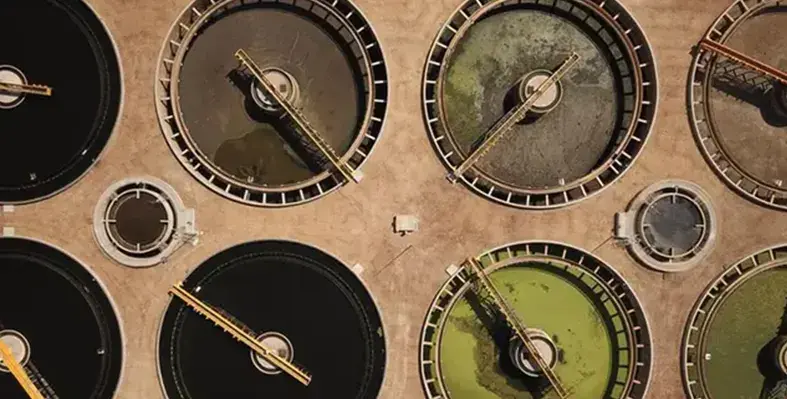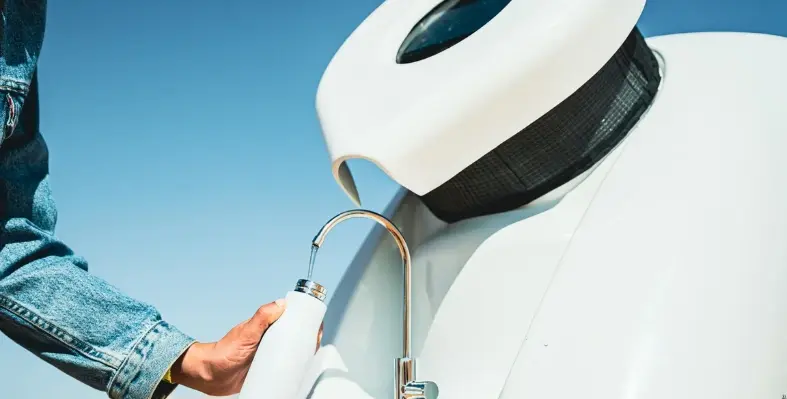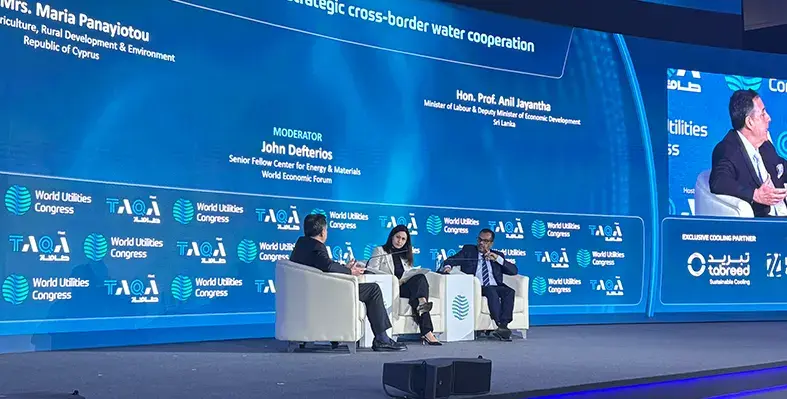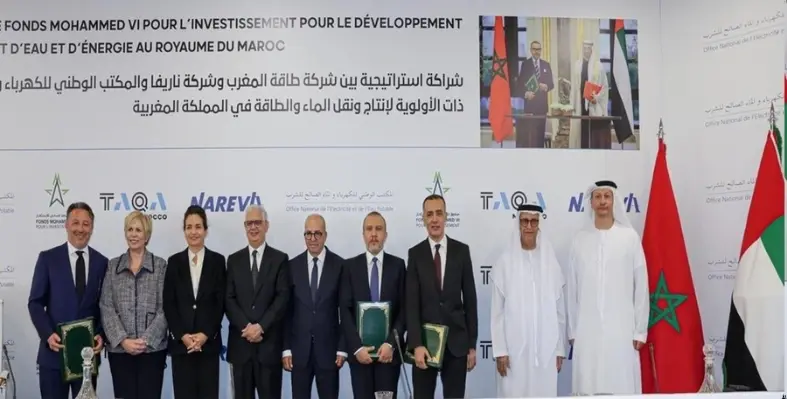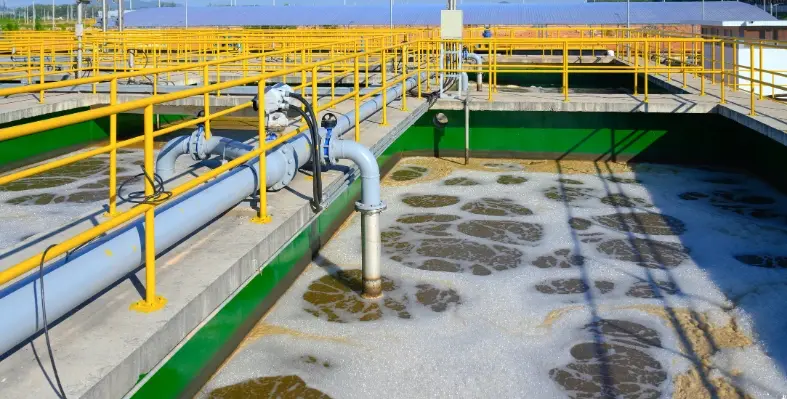ACCIONA, along with local firm DHCU, obtained an €35mn (US$38.15mn) contract from Egypt’s Construction Authority for Potable Water and Wastewater (CAPW) so it can operate and maintain Phase II of Cairo's Gabal El Asfar wastewater treatment complex.
The eight-year agreement rehabilitates also upgrades two major plants within the facility so that they can each treat 500,000 m³ per day.
Gabal El Asfar is known to be the largest wastewater treatment complex located in Africa as well as the Middle East. This ranks it third globally, with a total capacity of 2.5 m³ per day.
Home to more than eight million residents, it serves the vital eastern part of Cairo.
ACCIONA’s already established footprint is further reinforced by this latest contract within Egypt’s water sector.
The company led the design, construction, and commissioning in a previous expansion phase at Gabal El Asfar in 2013, adding another 500,000 m³ to its daily capacity.
ACCIONA and DHCU were entrusted not too long ago in 2022 for Phase I's operation and improvement that handles 1.5 m³ of wastewater for each day.
Other developments
Beyond Gabal El Asfar, ACCIONA has partnered together with CAPW on additional projects, and this includes the water infrastructure operations for New Cairo.
The initiative collects water from the Nile River and then transports the water. It then purifies the water and distributes to consumers in the satellite city 30 kilometers east of the capital.
The company constructed five other major drinking water treatment plants throughout Egypt.
The Almerya, Rod el Farag, Mostorod, North Helwan I, and North Helwan II plants serve collectively over six million people because they have a combined capacity that exceeds 600,000m³ per day.
Within ACCIONA’s portfolio is the Bahr Al Baqr wastewater treatment plant. It is actually another key project that is located in northwestern Egypt.
It has 5.6 m³ capacity as one of the world’s largest, designed for high-quality water production for agricultural irrigation.
Additionally, ACCIONA operates several other wastewater facilities in Egypt as these facilities include those located in Abnoub-El Fath, Sodfa-El Ghanayem, El Ayat, and Abu Simbel.
Sustainable infrastructure and renewable solutions are led by ACCIONA globally.
They have been keeping to carbon neutrality since back in 2016.
Operations are maintained in more than 40 countries, also the company reported €19.19bn (US$21bn) in sales for 2024.
Also check out:
MENA platform aims to enhance clean water accessibility
Water diplomacy: how UAE supports island nations' water security






